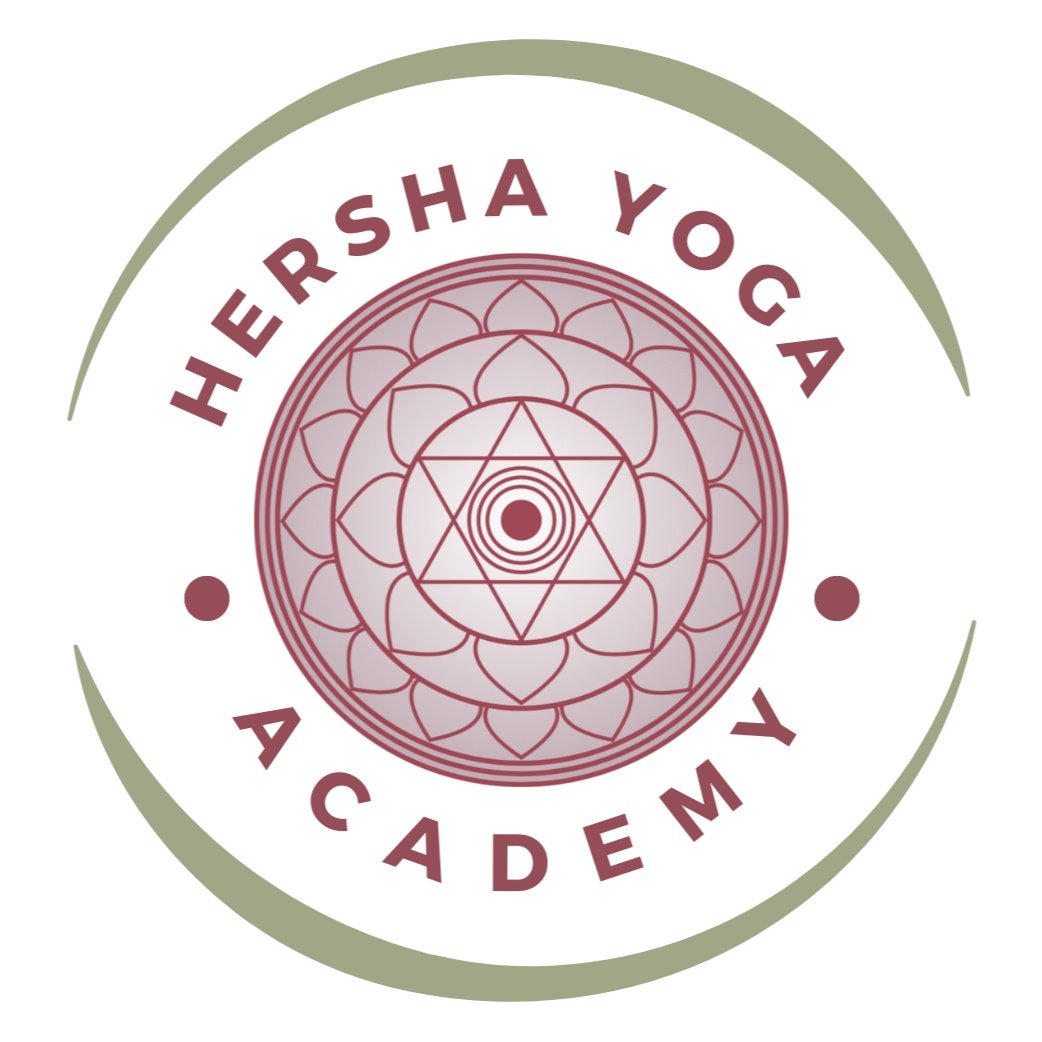Meditation Is An Investment In Yourself
So many times in my life, I have felt that my needs come last.
Among the countless tasks I have to undertake for my children: their school, homework, activities, rehearsals, dramas; as well as running my home and business, replying to emails, teaching classes and managing my non-profit, fundraising, networking, spending quality time with my partner, and staying on top of the marketing, blog and accounts, I feel that there simply isn't enough time for me.
In comes meditation.
I've been meditating formally since my Integral Yoga teacher training program in 2002. It has changed my life completely. Ironically, I found it much easier to do in an ashram environment. Keeping it up in my current life has been a challenge. I have had to get creative and guess what? I found some ways that works not only for me, but for many of my students as well.
The key is to manage your expectations about what meditation has to offer you.
What I know from experience is that meditation does not give you instant gratification. It's a long-term process that you commit to no matter how busy your day is going to be or how tired you are at the end of it. It's like a daily investment into yourself that gives you compounded interest over time. Even a small amount invested is still an investment.
I'm not an expert like the Dalai Lama or even close to being like my Guru, Sri Swami Satchidananda. I am however very practical, real and as normal as you can get. I know that the information out there can be overwhelming and sometimes confusing. So if you decide to invest in yourself, my next few blogs will share basic tools and resources you need to get started. Let's begin with learning exactly what meditation is.
Definitions of Meditation by Great Masters
“Meditation is total focus of the mind, one-pointedness. Meditation starts with concentration. Meditation actually begins when the mind is well-focused and it learns to become totally still. Don’t think that only when you close your eyes, you are meditating. Anything that you do with total attention is meditation.
”
“Meditation is the process whereby we gain control over the mind and guide it in a more virtuous direction. Meditation may be thought of as a technique by which we diminish the force of old thought habits and develop new ones.
”
A Summarised Definition of Meditation
Meditation is a process of concentrating and stilling the mind. Our minds work constantly. The process is a gradual learning to intercept our habitual thinking process and allowing space for the mind to pause. This leads to a heightened state of awareness.
Meditation means turning our awareness within. Most of our lives are focused on what goes on around us: responsibilities, relationships, etc. Meditation is a process of observing what goes on in the mind. It’s not the easiest thing to do, but with regular practice, we can see what we think about all the time, whether it’s helpful or harmful, and we can decide what to do about it.
Meditation is not linked to a religion although many religions teach it. It’s a contemplative practice that is used by Buddhists, Hindus, Yogis and many other religions, as well as atheists and agnostics. Each style or tradition come with their own set of meditation techniques. Finding one that suits you is key to enjoying the practice.
If you want to learn more about starting a meditation practice from scratch,


